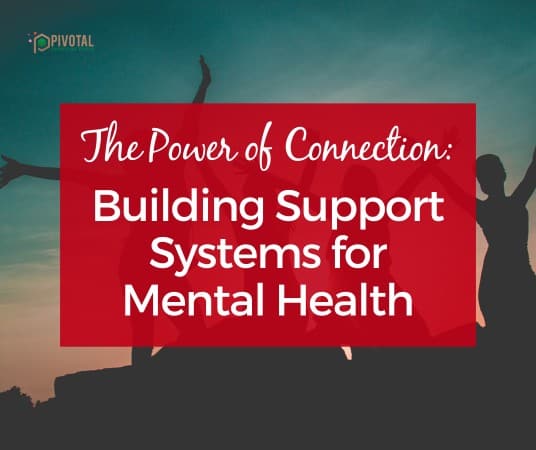
Your primary care physician (PCP) can be one of the best people to involve in your mental health care. When people think of mental health, they usually think about going and seeing a therapist. That is a great way to start, but as a therapist, I always recommend that my clients see their primary care physician too. Mental health symptoms can be related to certain medical conditions or can be a side effect of certain medications. Consider asking for a physical exam and bloodwork to make sure you do not have an underlying medical reason for your mental health symptoms. Some examples of underlying medical causes could be a thyroid disorder, sleep apnea or other sleep disorders, hormone imbalance, etc. While many of the treatments will still include therapy and possible medications, you must address the underlying medical component to get better.
Here are some tips for talking with doctors about your mental health.Make a list of your symptoms
Sadness, grief, crying, lack of motivation, lack of interest in things that you used to find pleasurable, panic attacks, concentration issues, thoughts of death or suicide, hearing or seeing things that are not really there, risky behavior, too much or too little sleep, misuse of alcohol or drugs. These are just a few symptoms to get you started.Bring a list of questions
At the appointment make sure you bring a list of questions. Don’t be afraid to write down answers to your questions. It can be hard to remember everything a doctor says particularly if you are struggling with mental health symptoms.Medication and talk therapy
Medication and talk therapy done alone are effective ways to treat mental health issues. If you are prescribed medication for your mental health symptoms, the research shows that combining medication and talk therapy together has the biggest impact on reducing negative mental health symptoms, so make sure to get a referral to a therapist in your community. To learn more about this visit WebMDConsider seeing a psychiatrist
Your doctor may feel that your symptoms warrant seeing a specialist. A psychiatrist is a doctor who specializes in working with people struggling with behavioral health issues. They have more experience prescribing medications and accurately diagnosing a person compared to a PCP. Starting off with a psychiatrist is a great way to start too, but make sure you follow up with your PCP to get a physical exam and update them on any new medications you are taking.When you visit other doctors
If you are like most people, you may have multiple specialists caring for your overall health. Whether it be a podiatrist, chiropractor, physical therapist, ENT, or other type of health care provider, make sure you let them know about your mental health and any new medications you have been prescribed. They need to know so they can support you and manage your medications and treatment options.Don’t get discouraged
Occasionally, you may feel judged when you discuss your mental health with a doctor, nurse or other healthcare professional. This is not your fault. If your doctor makes you feel uncomfortable discussing your entire health care history, you may need to find a different doctor. Your physical and mental wellbeing are at risk if you avoid telling your doctor about your medical history or mental health history. If you have a negative encounter with a medical professional do not be discouraged from seeking help. Nearly all health care providers strive to provide you with the best care possible.If you are in a crisis
Calling your PCP when you are in a crisis and getting an appointment in a timely manner could take too long. If your situation is becoming scary or desperate, then call your local crisis line or go to the nearest emergency room. In our area, visit www.mchenry-crisis.org to learn about local crisis services. Most counties have a crisis line and you can search for yours online. If that is too much for you to handle in the moment, then just dial 911 to get help.Honesty is the best policy
Many of us have complicated medical situations or history and we need our doctors to do everything they can for us. As a reminder, they can only make decisions based on what we tell them, so don’t hide anything. Even if you feel awkward or embarrassed, tell them what is going on or what you have been doing. This gives them the best chance at caring for you in the safest and most effective way possible. Be an advocate for yourself and never give up. You will feel better and you will overcome this hurdle.Pivotal Counseling Center has therapists who specialize in depression, anxiety, and other mood disorders. We have locations in Woodstock, Illinois, and Lake in the Hills, Illinois. If you are in need of someone to help, please consider giving us a call at (815) 345-3400.









